The Psychology of Withholding Bowel Movements
$ 21.50 · 4.8 (785) · In stock

Withholding bowel movements, or resisting to use the potty, can be a difficult situation, for not only toddlers and children, but their parents, as well. This type of behavior in children usually comes right after potty training, just when you think they are independent. Withholding may occur from a prior traumatic experience or from distractions from environmental stimulation. Trauma doesn’t necessarily have to be something extreme, and the environmental influence on withholding also doesn’t need to be something you would even suspect as potentially contributing to this problem. Let’s dive in to break this down a bit! Traumatic Experiences During Potty Training Can Lead to Withholding I recall distinctly the first time I had to use a public restroom when my toddler was just potty trained. You know how some toilets automatically flush, rather loudly, once you get off? My daughter was
Encopresis in Children Causes, Diagnosis & Treatment
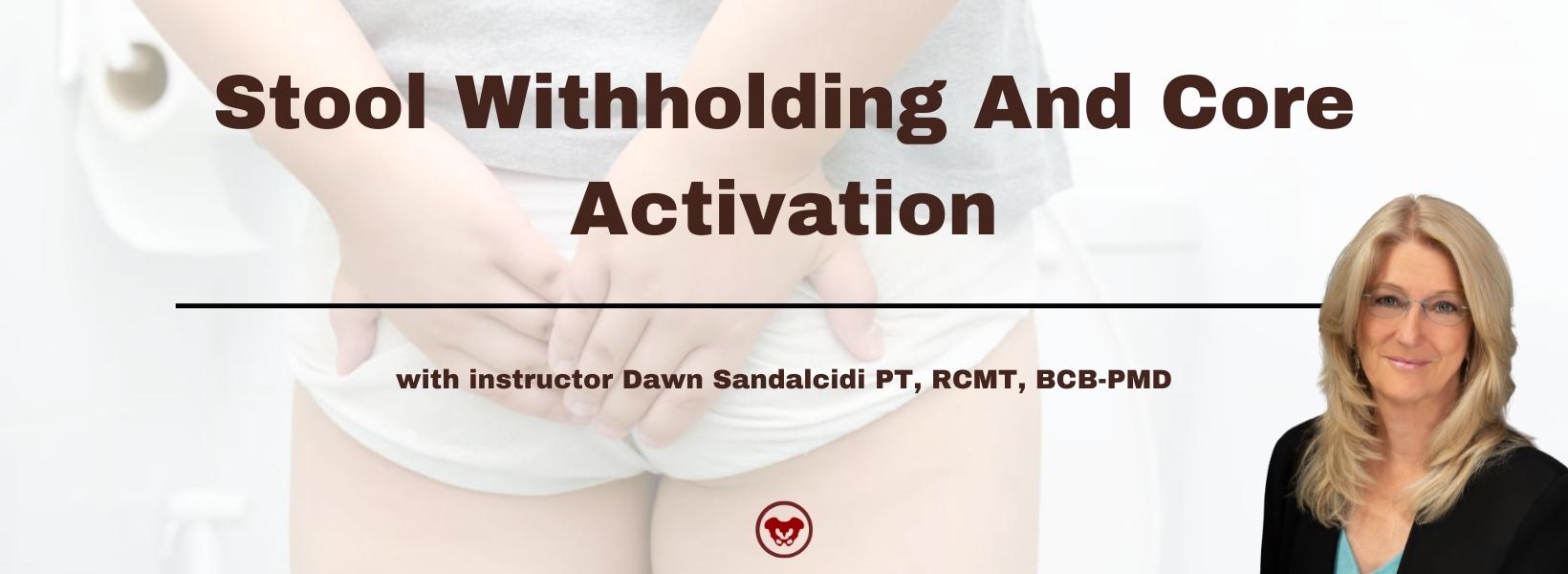
Herman & Wallace Pelvic Rehabilitation Continuing Education - The Pelvic Rehab Report - Stool Withholding And Core Activation
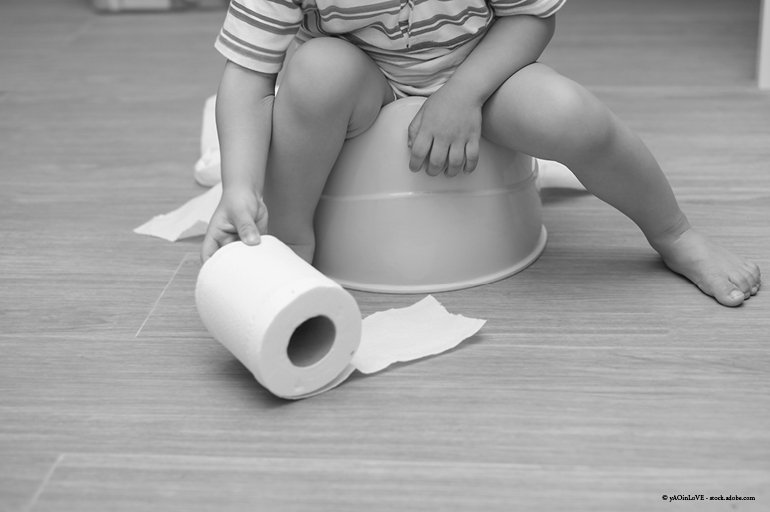
Why Is Pooping Scary For Newly Potty-Trained Children?

PDF) Behavioral Characteristics of Children With Stool Toileting Refusal

Toddler afraid to poop? How to handle potty training poo anxiety - Today's Parent
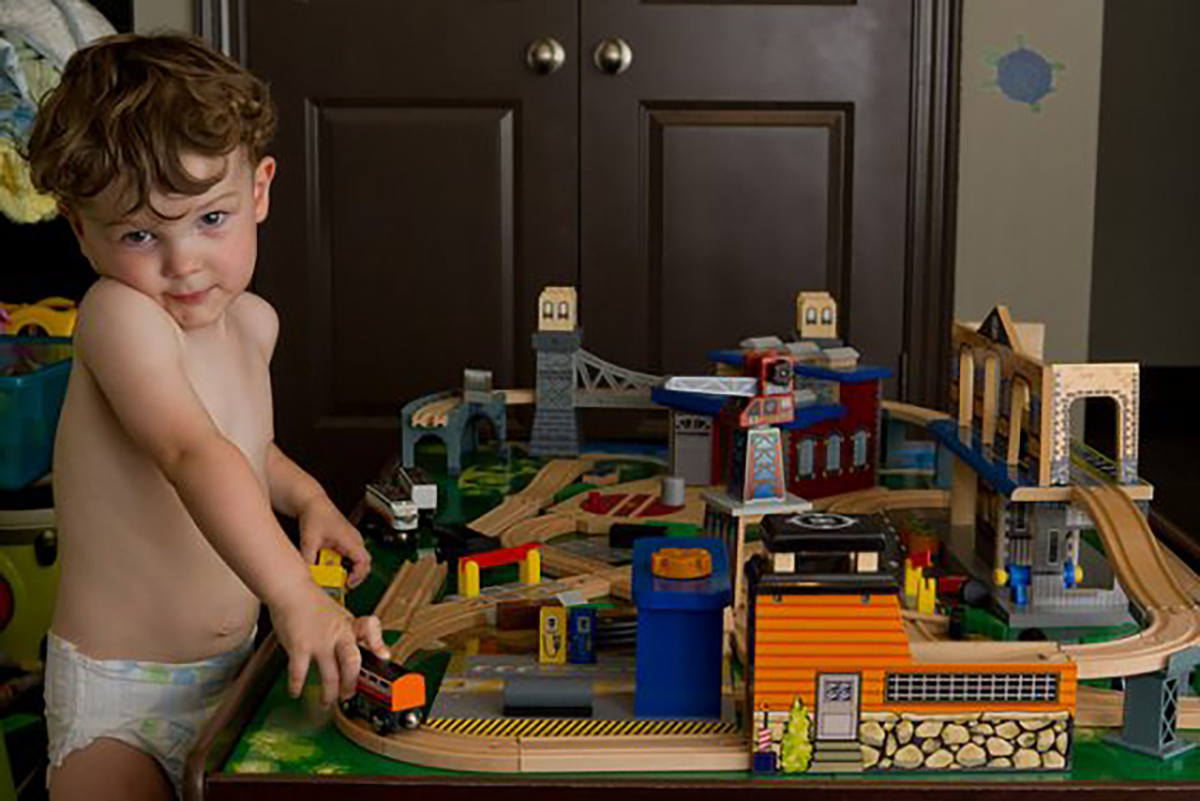
Poop Withholding: 7 Impressive Ways To Handle It
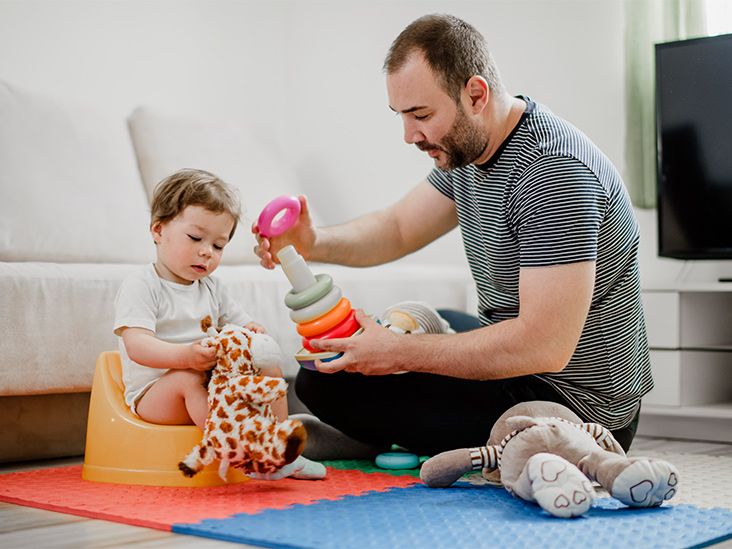
Toddler Holding Poop: Stool Withholding and How to Deal with It
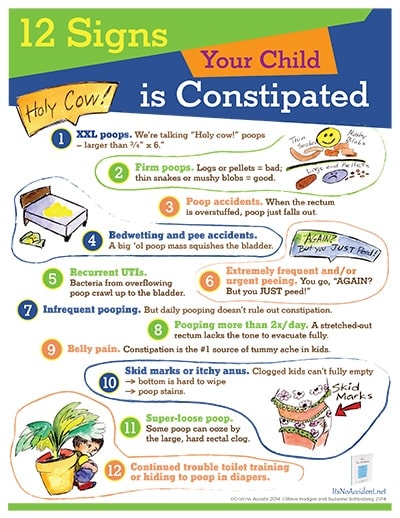
What Every Parent Should Know About Bedwetting, Accidents, and Potty Training - Positive Parenting Solutions
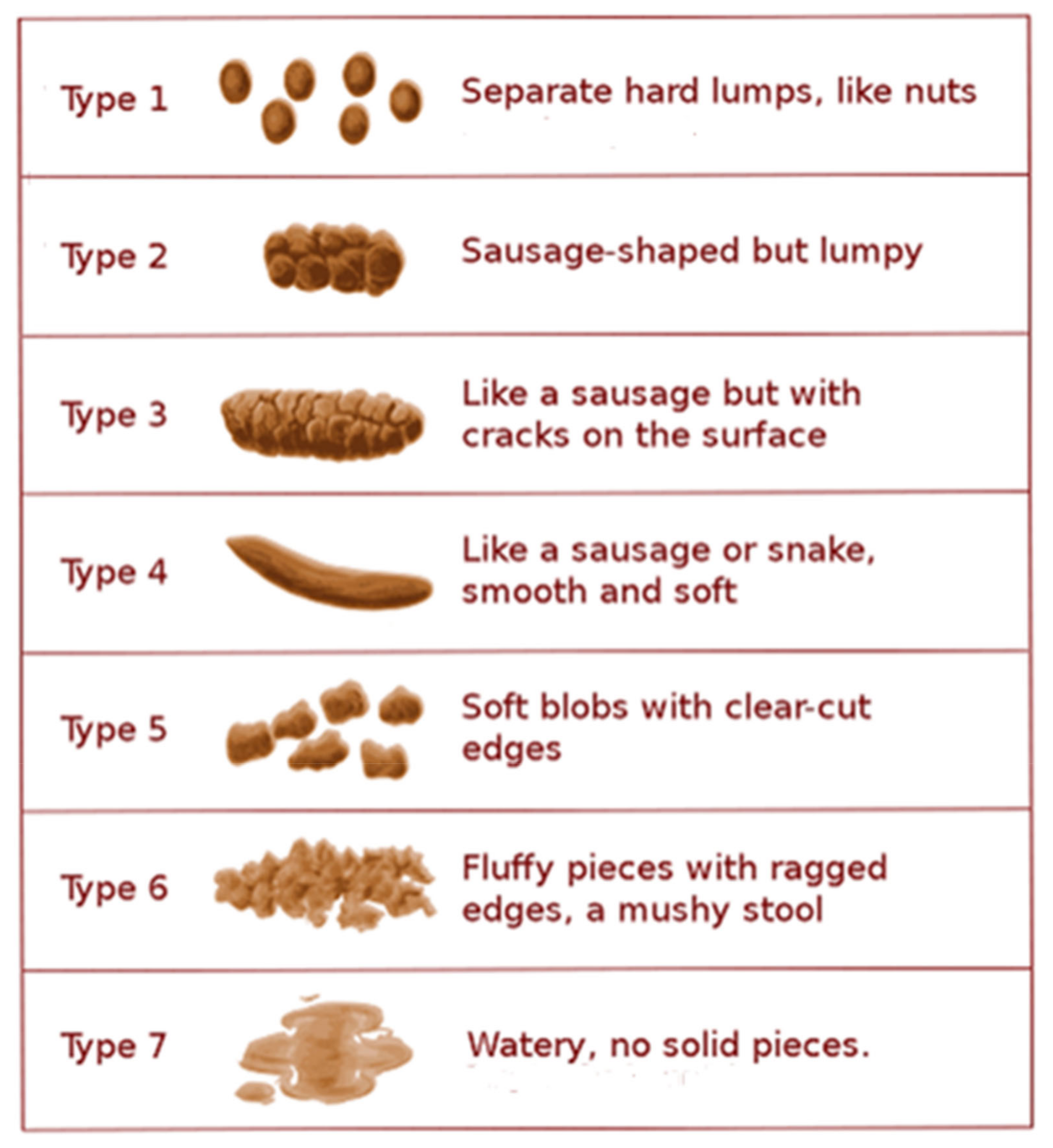
JCM, Free Full-Text
Ferguson, Sophia J: 9781505202144: Books

Stool Withholding: What To Do When Your Child Won't Poop! (USA Edition)
:max_bytes(150000):strip_icc()/Stocksy_txpe1540a30JJn100_Medium_1030105-5a4e5252beba3300379f3cbb.jpg)
How Bad Is It to Hold Your Poop?

Is it bad to hold your poop? What to know

Potty Training Consultant
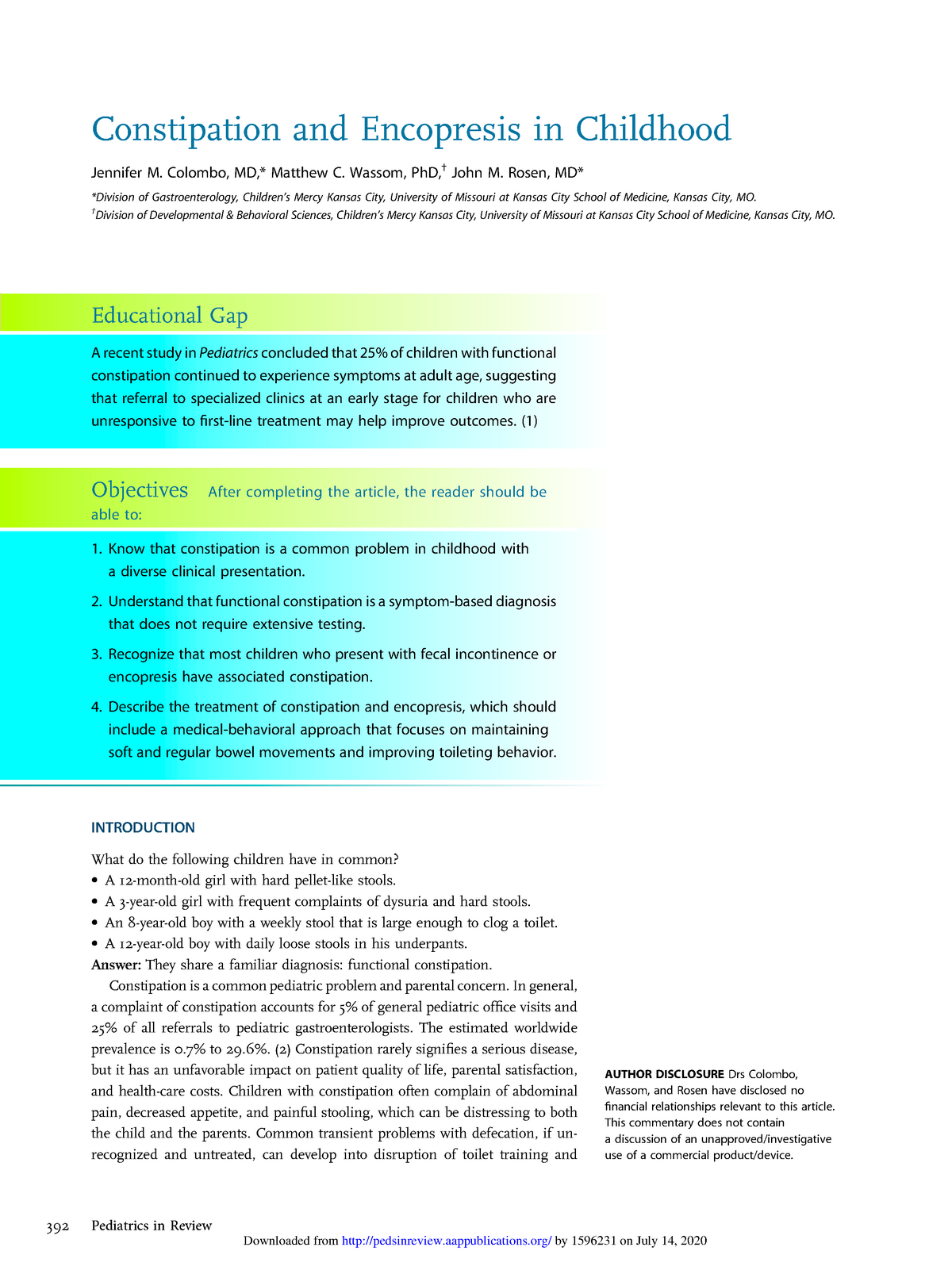
AAP Constipation for Learning - Constipation and Encopresis in Childhood Jennifer M. Colombo, MD,* - Studocu
